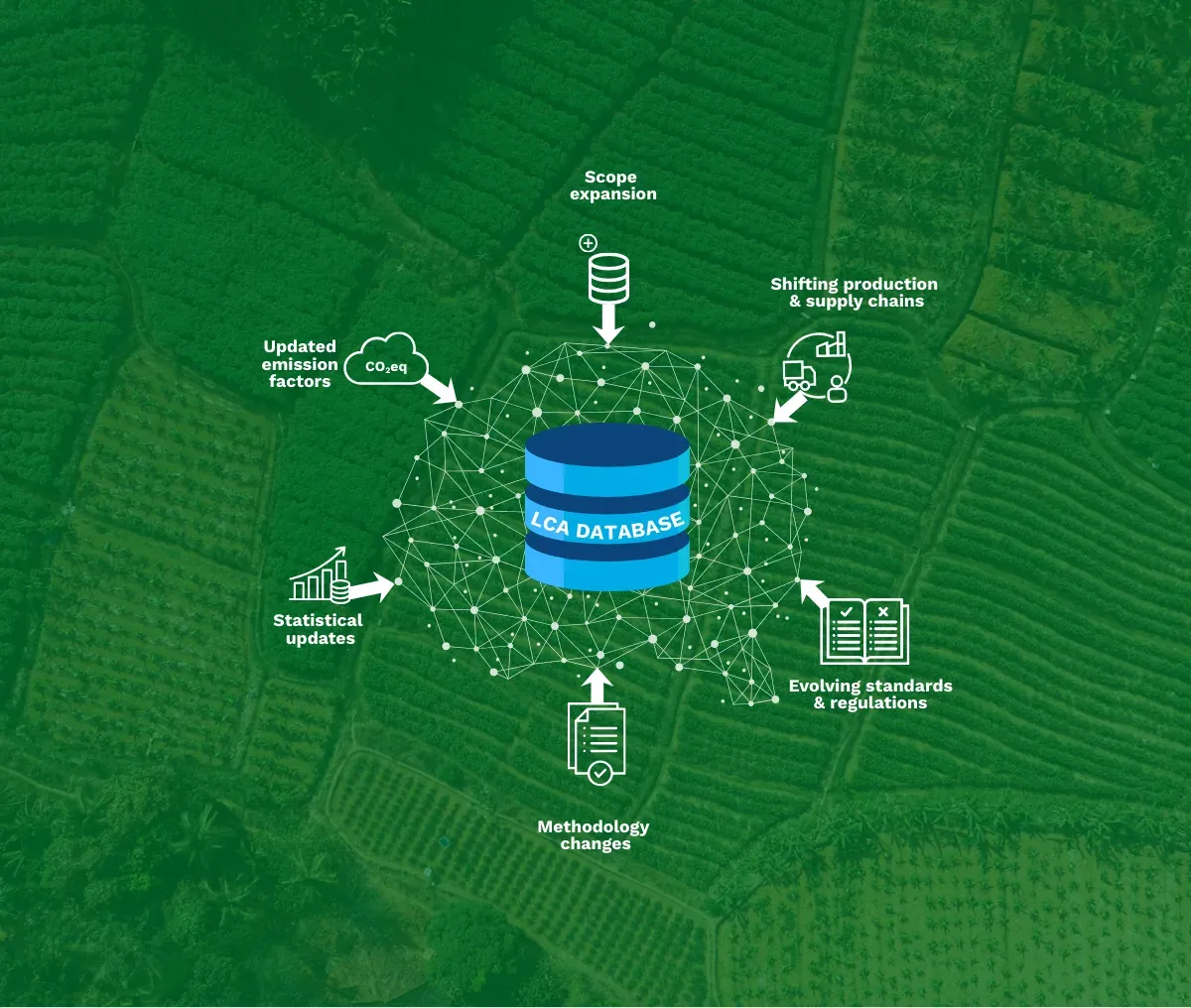Our work at Mérieux NutriSciences | Blonk revolves around reliable, qualitative environmental data used in our consultancy work. We also share datasets with experts in the agri-food sector or academic community.
As a researcher, product developer, consultant, or sustainability expert, you can now access our datasets to ensure your project relies on sound, recognized data.
Discover our data solutions below.








